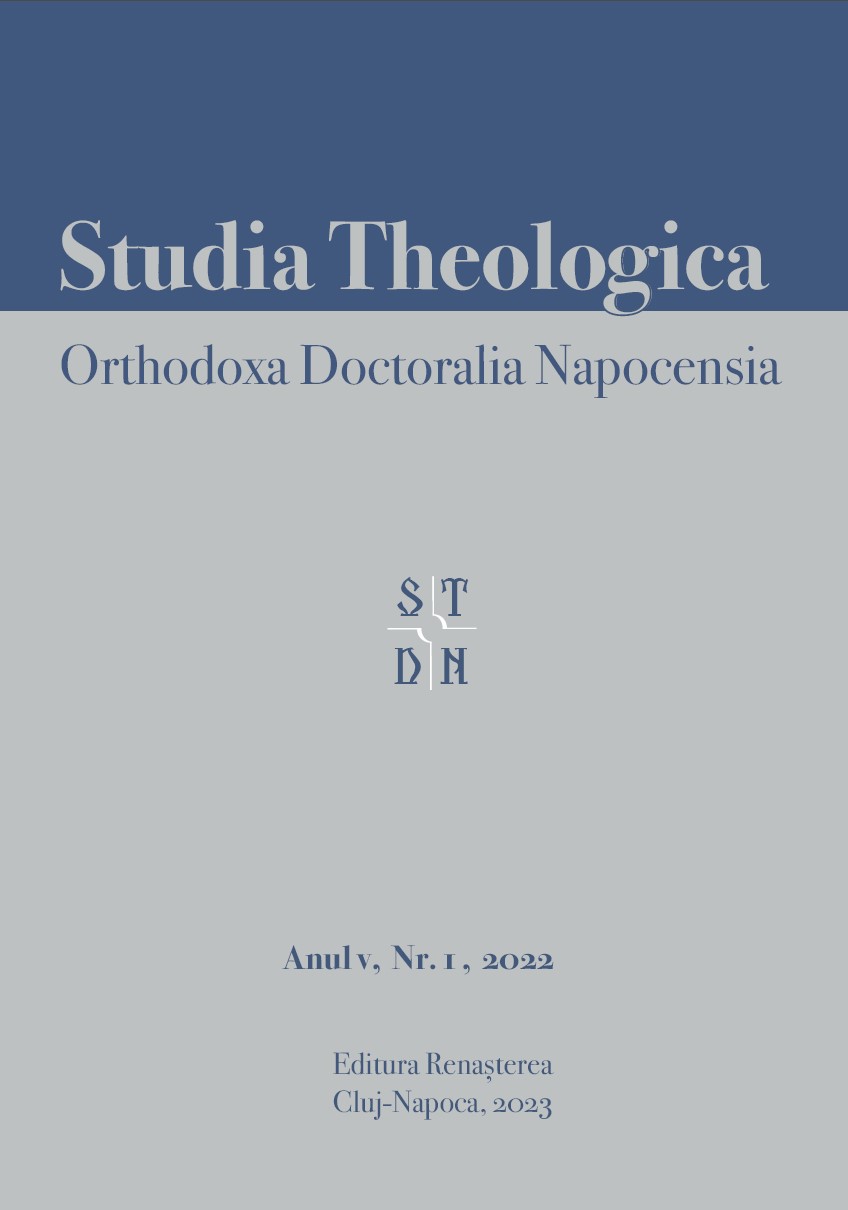Isihasmul-tămăduirea și sfințirea persoanei în teologia Sfântului Sofronie Saharov
Hesychasm: The Healing and Sanctification of the Person in the Theology of Saint Sophrony Sakharov
Author(s): Dan VîrbanSubject(s): Christian Theology and Religion, Theology and Religion
Published by: EDITURA RENAȘTEREA
Keywords: Saint Sophrony Sakharov; prayer of the heart; hypostatic birth; Sinaitic discovery; hesychastic life.
Summary/Abstract: Saint Sophrony Sakharov (1896-1923), the founder of the Essex Monastery, is one of the most prominent voices of twentieth-century Orthodoxy. The man observed in the grid of Sofronian theology claims that the hypostatic birth is an absolute desideratum. According to Saint Sophronius, man is born, but also becomes a person. The path from potentiality to act as a hypostatic achievement consists in self-denial and the fulfillment of the commandments of love: love of God and love of neighbor. The main reason I chose to deal with this topic is the spiritual person of Archimandrite Sophrony (a theologian whose statements are embodied in his life), but also the originality of this approach captured especially in Sofronian theology in the twentieth century. The method I used is a theoretical one (studying the bibliography). The disciple of Saint Siluan understands hesychasm as a struggle that seeks to create man as a hypostasis. Hesychast life represent the human being fight to go through from face to likeness. Through hesychasm, the prayer seeks, through the calling of God’s Name, to find his heart and prepare it to become the church of the Holy Trinity. Archimandrite Sophronius gives an important role in his writings to the Divine Names. Divine naming play an essential role in the process of salvation, because there is an ontological connection between God’s Name and the Holy Trinity. Through the prayer of the heart, the prayer lives in an antinomic way, on the one hand he confesses Christ as God-Man Incarnate, and on the other hand the reality of man’s separation from the One Who Is through sin. Although God reveals himself in the Old Testament, the sinaitic revelation is not complete. The incarnation of the Savior makes known to us the name of Jesus Christ, through which, as Bishop Ilarion Alfeyev remarks, he reveals to us first of all the fact that the Divine Being is a Triispostatic Reality and secondly the fact that man is called to become a son of God. From here we understand the role that the prayer of the heart (expression of hesychasm) plays in the mystery of redemption, because apart from the Name of Christ, salvation is unrealizable.
Journal: Studia Theologica Orthodoxa Doctoralia Napocensia
- Issue Year: 5/2022
- Issue No: 01
- Page Range: 123-137
- Page Count: 15
- Language: Romanian

